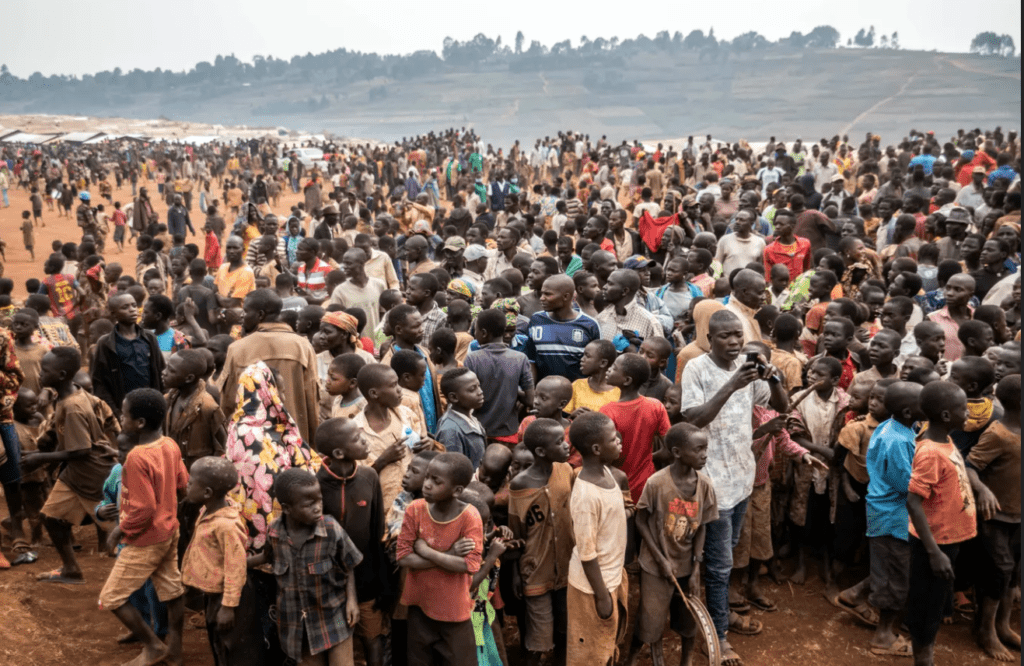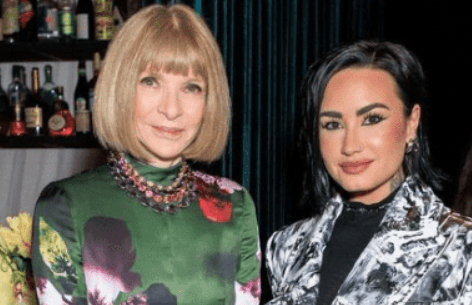Amid the global focus on the Israel-Hamas conflict, the Democratic Republic of Congo (DRC) confronts an unprecedented humanitarian crisis, with a staggering 6.9 million people displaced.
This crisis, largely overlooked by mainstream media, has recently come to light through the International Organization for Migration (IOM), attributing the surge in displaced populations to long-standing conflicts.
In the eastern province of North Kivu, renewed clashes last month involved Tutsi-led M23 rebels and government-aligned militias. These armed groups, driven by interests in valuable resources like gold, have extended their control over several provinces, including South Kivu, Ituri, and Tanganyika, according to Independent UK.

The IOM has acknowledged the urgency of the situation and has vowed to intensify its efforts to address the “complex and persistent crisis” across the country.
The majority of those who have been forced to flee their homes are in desperate need of assistance to meet their basic needs.
As the security situation in the DRC continues to deteriorate, displacement is on the rise, and the demand for humanitarian aid is surging. Since the resumption of fighting in the Rutshuru and Masisi regions, north of Goma, nearly 200,000 people have been displaced, according to the UN humanitarian agency Ocha.
The IOM has emphasized the critical need for immediate help to those most affected by the crisis, describing the situation in the DRC as one of the largest internal displacement and humanitarian crises in the world. It’s worth noting that over two-thirds of the displaced individuals in the DRC are currently staying with host families.
Besides the dire situation in the east, other regions in the DRC have experienced conflict, insecurity, and natural disasters such as floods and landslides. The IOM is actively involved in managing 78 camps that house approximately 280,000 displaced people, and it is working to strengthen mental health services for those experiencing psychological distress.
The IOM is calling for additional financial resources to support its operations in the DRC, as it has received less than half of the $100 million requested. The eastern part of the DRC has been grappling with violence from local and foreign armed groups for nearly three decades, making it an enduring humanitarian crisis.

